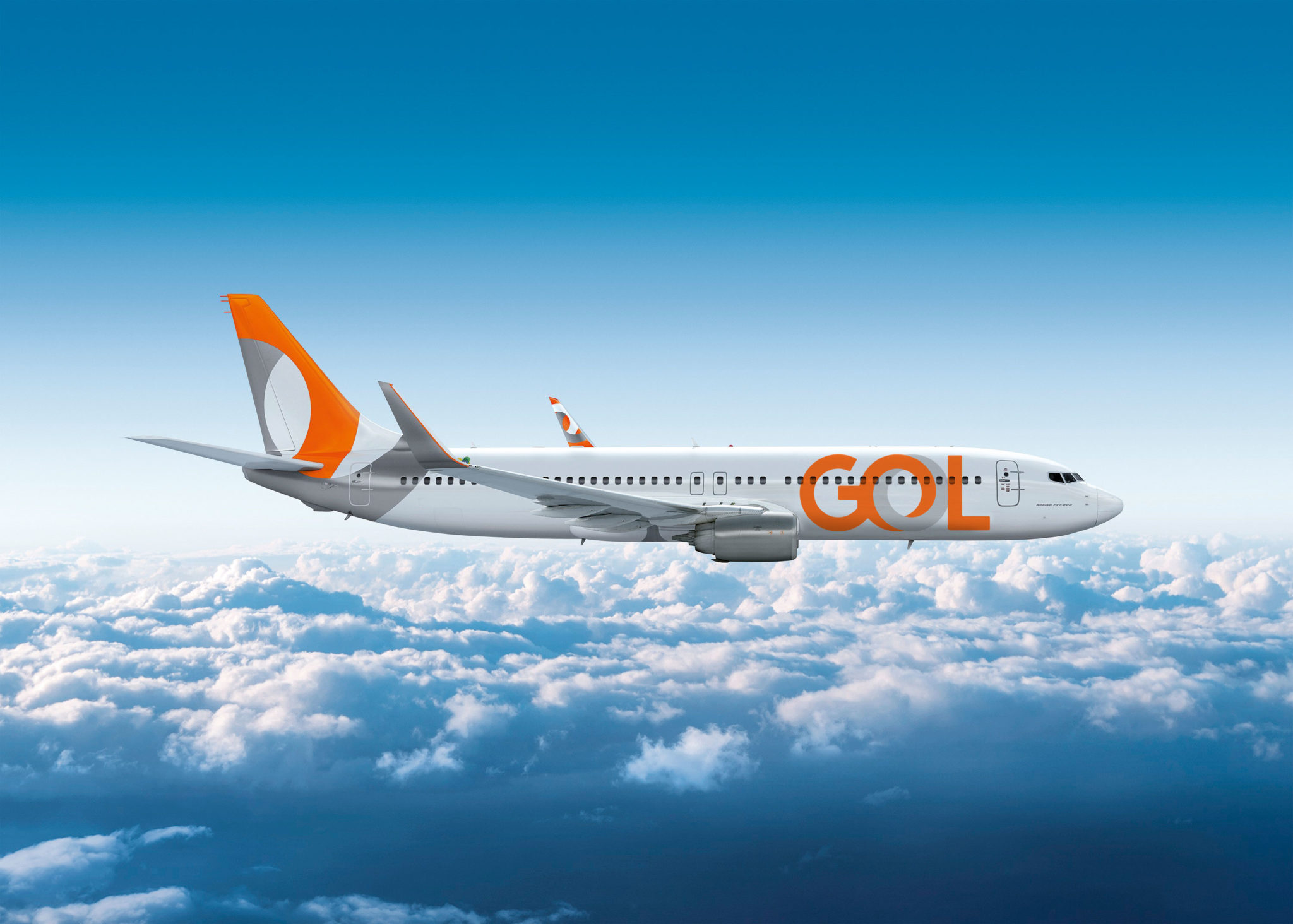Paulo Kakinoff, CEO, GOL, tells Graham Newton that the airline has emerged from the crisis as a healthier airline.
Your last set of financial results were encouraging. Are you on the road to recovery or do you still need to be cautious?
There are many challenges until we return to the pre-pandemic pattern. We are cautious, but I believe there are reasons to be optimistic.
Demand for air transport in Brazil is recovering rapidly due to the consistent drop in Covid-19 cases and fatalities and the rapid advance of vaccination in the country. We have more than 110 million Brazilians fully vaccinated (55% of the population).
Our 3Q21 results highlight that we have maintained great discipline throughout 2021. The balance sheet is more sustainable and less leveraged than our competitors, having completed several relevant funding initiatives to ensure that the airline maintains sufficient liquidity levels to focus on recovery.
What are the main lessons you have learned from the crisis?
Our focus on our people and our customers gained even more strength.
At the beginning of the crisis, we told everyone that we were going to start crossing a desert, without knowing how large it was or what the temperature would be.
But it was necessary for everyone to have a single point of view, as we knew that this challenge—the biggest one we have ever faced—would also be overcome.
During this period, the priority was to preserve the team and ensure our confidence in the end of the pandemic was never shaken. Now, with vaccination advancing and the teams being able to gradually resume their activities, we believe that we are leaving the desert behind.
Additionally, we were one of the few companies in the region that were able to preserve liquidity. We adjusted capacity according to the level of demand as well and when that is combined with our determination to deal with all stakeholders in an equitable manner, we have overcome the pandemic with a better balance.
Have governments understood the value of aviation or has the industry been sidelined?
The air transport of people and cargo has revolutionized societies. And in a time of unprecedented challenges, when resources needed to reach those who needed them quickly, such as vaccines, medical teams or equipment, our sector was essential to our country and the world.
Right at the beginning of the pandemic, GOL offered free transportation to doctors working to fight the pandemic, an initiative that was also adopted by other national airlines and that continues to this day. In addition, an essential air network was preserved by GOL, even in the worst moments of the pandemic, reaffirming our commitment to Brazil and Brazilians.
Since the beginning of the National Immunization Plan, all our commercial flights have been available to government authorities to transport Covid-19 vaccines free of charge.
The Brazilian government supported us in several initiatives, such as the extension of the period for reimbursement of tickets to customers and deferrals of payments to companies managed by the government.
However, unlike other countries, no direct financial contributions were made available to help airlines. In other words, obtaining resources to face the crisis came from the company’s own capacity with the capital market and its investors/creditors.
Is leisure travel returning faster than business travel and are you worried that business travel will be affected by such digital solutions as Zoom and Microsoft Teams?
It’s true that leisure travel is making a comeback faster than business travel. There is a pent-up desire for travel, and we have already noticed a growing demand for tourist destinations, especially domestic ones, driven by the rise in foreign currencies and travel restrictions.
Markets such as Recife, Salvador and Florianópolis were the first to register bigger growth, but on the other hand, it is already possible to observe the resumption of demand for destinations such as Brasília and Porto Alegre, with a more corporate travel profile.
The forced acceleration of the digital transformation, which has definitely consolidated virtual meetings, is felt in the slower return to corporate travel. We believe that a portion of short business trips may no longer exist.
But the need for team meetings, events, and visits to customers has enormous growth potential, both because of the pent-up demand and because of the economic recovery. It is still too early to say what this new scenario will look like in terms of volume and behavior, but there is a consensus that face-to-face meetings will continue to be necessary in the business world.
How long do you think it will be before pre-COVID traffic levels return?
Few sectors were as affected as aviation. Before, we transported 110,000 people per day and now, with a recovery in progress, we have an average of 70,000 customers per day.
But in the second quarter 2021, GOL’s domestic fleet utilization was similar to the end of 2019, up to 95% of the pre-pandemic level. The company’s daily sales are at levels comparable to those we had before the pandemic too. We believe we are in an advantageous market position as travel demand accelerates from the peak summer season in the southern hemisphere.
Has cargo become more important to the industry and what improvements do we need to make air cargo more efficient?
Cargo has been even more relevant to GOL’s operations. The growing attractiveness of this mode of transport, especially due to the accelerated development of e-commerce in all regions, creates an opportunity for differentiation.
We are able to transport packages and deliver them on the same day to the destination city, ensuring speed, efficiency, and security in logistics even in a country with continental dimensions such as Brazil.
The company has also invested in strategic partnerships to ensure even better connectivity for the so-called “last mile”, by connecting the end customer more quickly with land distribution logistics.
We have a product differentiated by the airline’s extensive air network and by providing faster delivery through this land partner, we will have a great growth driver…



